Fair Deal for Freelances
The NUJ's major campaign to fight for a better deal for freelances.

The creative industry is a major growth sector which is worth more than £125bn to the UK economy, so why is this group of working people so badly treated and bereft of the many rights most employees take for granted?
That is the reason the union has launched its #FairDeal4Freelances campaign to fight for a radical reform of our rights to ensure job protection and benefits are not dependent on employment status.
Covid-19 laid bare the precarious position of a major section of the UK's employed sector, particularly in the media where a third of workers are freelance. The cost-of-living crisis is highlighted the difficulties faced by many self-employed people, many of whom are vulnerable to employers who place them on unsuitable employment terms. They pay their taxes, but have no right to holidays, sick, parental or pregnancy leave.
The government-commissioned Taylor Review of Modern Working Practices (July 2017) explored the tax and employment rights of freelances, but its recommendations have been largely ignored so the NUJ has urged the government to align the employment status framework with the tax status framework.
Members can access the NUJ Freelance Fact Pack including useful guidance on going freelance, training, marketing your business and professional standards.
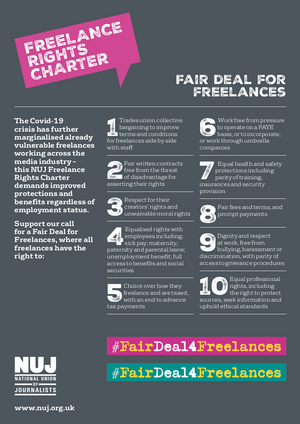
#FairDeal4Freelances includes a charter of freelance rights that sets out the benefits the self-employed should enjoy. It calls for the right to organise in a trade union, to have a written contract with fair terms and conditions, prompt payment and equal treatment at work in terms of health and safety.
Freelances should get holiday pay, parental leave and allowances and a retirement pension. They should have the right to resist companies forcing them on to PAYE, to incorporate as a limited company, or work under umbrella companies. Read more on our calls in the NUJ's News Recovery Plan.
The campaign asks employers, employer organisations, industry bodies, politicians and individual supporters to sign up to its aims.
Pamela Morton, NUJ national freelance officer, said:
"For too long the self-employed have been second class citizens in the world of work. We're only asking for a fair deal."

Everyone in the NUJ benefits from high standards of journalism, defence of work security and bargaining for better pay. Branches are encouraged to appoint a freelance officer who can advise and represent freelance members of the branch.
Chapels must include freelance members in negotiations with management and give them full voting rights so they can fully participation in chapel activities. The freelance representative should also be invited to take part when chapels are negotiating freelance pay and conditions with employers.
The NUJ expects freelances to support staff members taking industrial action by not agreeing, or contracting, to undertake work when they know that would undermine that action.
Branch officers or M/FoCs can be asked for advice on paid holiday and employment rights, especially if someone's hours are suddenly reduced or work comes to an end, whatever the reason. Chapel reps should accompany freelance colleagues to disciplinary and grievance hearings and ensure they are included in voluntary recognition agreements and collective bargaining.
Branch officers and M/FoCs can be crucial in ensuring that members lodge claims within the legal time limits and provide access to external solicitors, including from Thompsons at fortnightly legal surgeries, or from our in-house legal team.
The media sector and publishers rely heavily on freelances but, without urgent support, many freelances do not expect to make a living in the present circumstances and are likely to leave the industry. Professional freelances are commissioned for their skills and expertise and are entitled to be treated professionally and paid fairly for the service they provide.
The NUJ is attempting meaningful engagement with all news organisations who engage freelance journalists and news gatherers. The union is pleased to note that news UK has now increased their rates by 5% after several years.
We are engaged in discussions with other organisations on the issue of freelance rates and the NUJ will continue to campaign and seek to persuade those news organisations not responding positively, to change course.
Publisher Reach's half year results in 2022 revealed operating profits of £47m and the Mail’s owner, DMGT, saw profits rise by seven per cent to £50m. Despite this, freelances have failed to receive fair rates.
Increasingly, freelance budgets and fees are being drastically cut, creators' rights diminished, and exploitative terms and conditions forced on freelance contributors owing to the imbalance of power.
This race to the bottom goes hand in hand with the pernicious reliance on user-generated content which is hugely destructive to the ability of freelances to make a living and damages the quality and credibility of publishers' output.
We have reached a crisis point where the media sector and publishers need to change how freelances are treated. We are calling on the media and its employers to support freelances and recognise the vital role they contribute. Everyone who earns a living should have a right to protection and benefits, irrespective of employment status. That is why we are asking employers if they will support the NUJ's Freelance Charter.
Covid-19 has laid bare the precarious position of a major section of the UK's employed sector, particularly in the media sector where a third – as opposed to the national average of 15 per cent – are freelance. The creative industry is a major growth sector which is already worth more than £111bn to the economy.
So why is this group of working people so badly treated and bereft of the many rights most employees take for granted?
#FairDeal4Freelances is asking the government to make good its Covid-19 aid schemes to cover those who have fallen through the cracks. It is seeking the removal of the Universal Credit's minimum income floor and that those with savings often kept in order to pay their taxes can have access to this benefit and for the current awards to be raised to real living wage equivalent.
Freelances are also still expected to make advance payments towards tax and the campaign is asking for advance tax payments to be reduced and payments spread out. While the Self-Employment Income Support Scheme provides a further grant at 80 per cent from November until the end of January 2021, we do not know what the grant will be going forward to the end of April.
This uncertainty is adding to the stress and anxiety being suffered by the self-employed. Anything less than the current 80 per cent will be insufficient and will lead to further hardship and creatives being forced out of the industry. Longer term financial support is also vital.
The Federation of Entertainment Unions' training project is one of the few places media and creative freelances can get access to free workshops, webinars and online resources to aid their professional careers and acquire business skills – but the government has decided to scrap union learning in England.
However, the Welsh and Scottish governments continue to finance their equivalent union-led training projects. Meanwhile, there are plenty of courses funded until March on the FEU Training website.
Join the campaign and sign the petition asking Gavin Williamson, Education Secretary, to reverse this decision:
Find out more on the union's campaign page:
Many UK freelances and casuals are entitled to holiday pay in law, but an NUJ survey found that almost nine in 10 did not receive it. Are you losing out? You could be a worker and entitled to paid holiday if:
- You do most of your work for one organisation (you may also be eligible if you work for more than one organisation).
- You work under any contract (it doesn't need to be in writing) to do the work personally.
- You do shifts in a workplace.
- Someone else controls your work, when and how you do it.
If you think you are due holiday pay, contact [email protected].
More information in our Advice section: Employment status.
Funding
Thanks to funding from the Printing Charity, The Rory Peck Trust is able to provide financial assistance through a Crisis Fund and a Therapy Fund for British or UK-based freelance NUJ members whose livelihoods or mental health have been affected as a result of their work as journalists. Find out more and apply.
Insurance
Although the NUJ does not make recommendations on insurance providers, the union strongly advises that all freelance members ensure they obtain insurance.
Writesure, underwritten by Jensten offers a 10% discount for NUJ members and provides insurance for freelance writers and journalists that covers both public liability and professional indemnity insurance. Find out more.
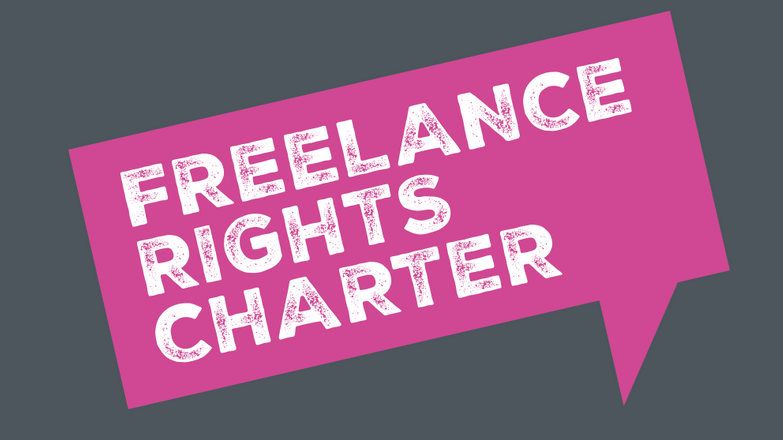
Freelance Charter
10-point charter for freelances rights and benefits.

Siarter Hawliau Gweithwyr Llawrydd
Bargen deg i weithwyr llawrydd.
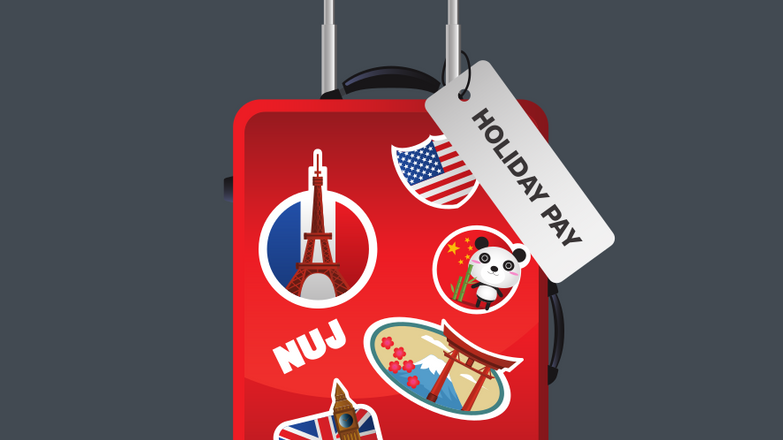
Guidance for workplace reps on employment status
When is a casual not a casual?

Holiday pay campaign leaflet
Should you be getting paid holiday?
Latest News
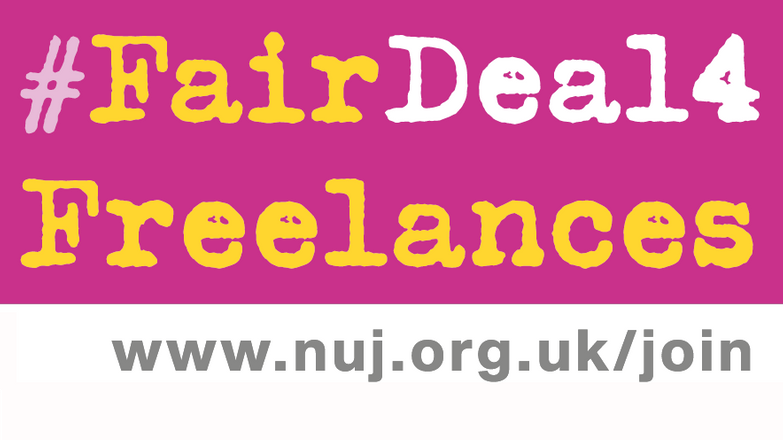
MPs call for a new champion for freelance rights, to improve pay, working conditions and protection against AI
The NUJ says the culture select committee’s report is full of helpful recommendations and ideas.
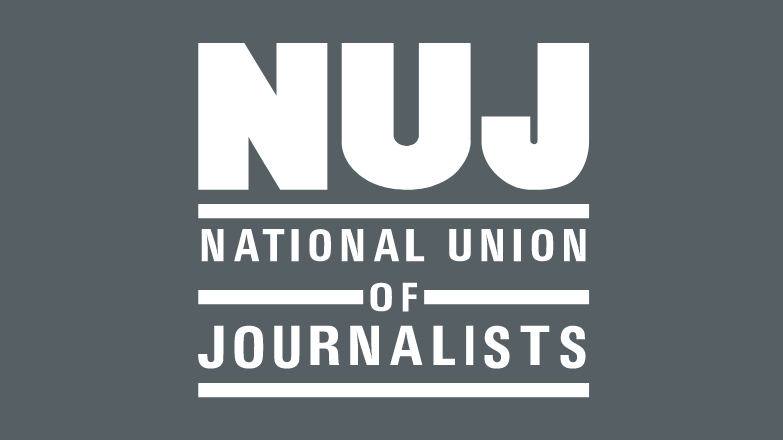
New report details “Wild West” of freelance journalism
Research commissioned by the Authors’ Licensing and Collecting Society (ALCS) has revealed rights grabs, low pay and barriers to journalism remain key...

New freelance survey
Freelance members are invited to complete a survey seeking views to help inform and shape support provided.
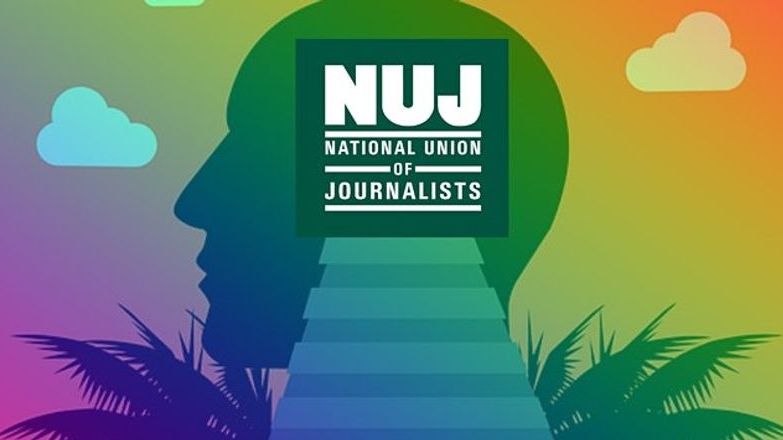
Mental health awareness week 2022
NUJ holds first online mental health conference for members and reps.
